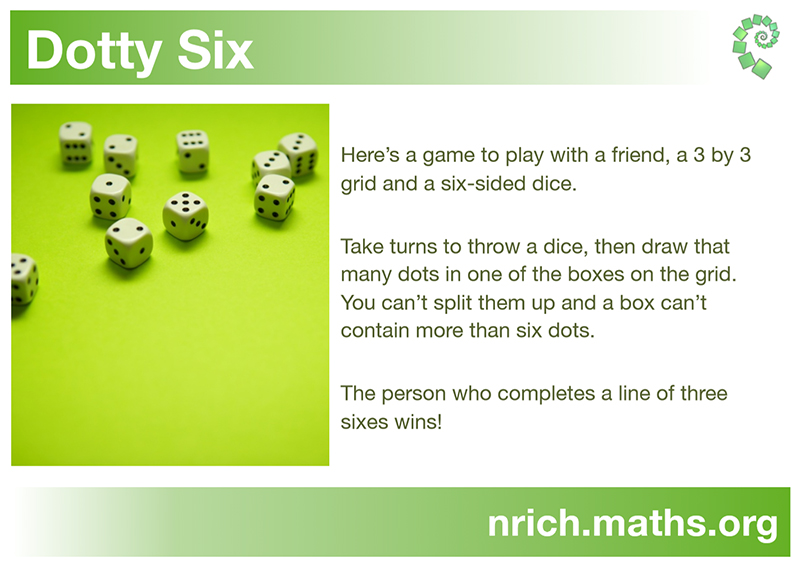There is a phrase, often cited as a ‘Chinese curse’(though apocryphal): May you live in interesting times. In Robert F. Kennedy's Day of Affirmation Address, also known as the "Ripple of Hope" Speech, he said:
"[Comfort] is not the road history has marked out for us… Like it or not, we live in interesting times. They are times of danger and uncertainty; but they are also the most creative of any time in the history of mankind."
Kennedy was speaking at a time of great unrest in South Africa; indeed a time of danger and uncertainty, in some ways similar to the situation in which we find ourselves today. With companies, schools, theatres, borders and our own doors closed to the outside world, we may feel surreally isolated, an island of domestic calm in a sea of global chaos, with no real sense of what will happen next.
Thank goodness then for electronic communication! As a team we meet from our own homes daily to plan the activity of each day; I can drink my Friday G&T in the company of my daughters even though they are miles away; and online retailers are benefitting from my lunchtime browsing to satisfy my shopping urges. And from a mathematical point of view, my inbox and Twitter feed are alive with all sorts of offers of free online resources. These of course are aimed at teachers setting work from their home for their pupils to do in theirs, or for parents suddenly cast adrift from routine and employment who now have to teach their offspring. These, and many other more and less trivial uses, illustrate the amazing capacity and utility of the digital tools we are lucky to have at our disposal, something Kennedy in the 1960s would have likely found almost magical.
In a recently published report1 Tim Oates describes how small children’s language acquisition links to and supports their cognitive development, and explains that, if they aren’t exposed to the right kind of early linguistic experiences, there is likely to be a long-term detrimental effect. Are there equivalent important exposures in mathematics? Well, yes and no. It’s certainly true that children benefit from lots of mathematical play before they meet formal arithmetic2, for example. But so long as those experiences prepare for more formal ones, the actual age doesn’t seem to matter greatly. In fact, in a paper written as long ago as 1935, a teacher called L P Benezet3 records how, as superintendent of schools, he instructed his teachers to forget all about formal arithmetic and teach the children to "read, reason and recite." The mathematics they experienced was about exploration, estimation and explanation. This resulted in advances in their linguistic ability and surprisingly, after one year of joining their peers for more formal mathematics, they excelled.
What does this have to do with home-schooling and free resources? As I look at many of those online worksheets I think what a mostly dispiriting set of resources they are. The emphasis seems to be on ensuring the work students do at home replicates what they would be doing at school: worksheets that provide practice in SATS questions; exercises which close maths down by providing numerous examples of the same type of question; tasks which focus on recording rather than explaining and describing. For me, it is clear that all these are missing a trick! Here we are with an opportunity to do something different (and better) and for students of all ages to experience what it means to get mathematically messy, think like a mathematician and be creative. With a very small number of resources – some dice/spinners, paper, scissors, buttons – young (and older) children can explore, estimate, predict and talk about their thinking. Here are a couple of examples:

I love Dotty Six! It’s such a simple game and yet it’s accessible to all ages and especially engaging when the learners make up their own rules. (It’s actually quite difficult to make up rules that work for a game.) It can be played without thinking strategically but once you realise the possibilities, it’s rather addictive.
Another excellent game from the NRICH project is Got It! This one requires internet access but once you know the game it’s an easy one to play with just pen and paper. The aim is to land on the target number and again, there are many ways of changing the conditions or rules to make it accessible to younger or older players.
The NRICH team has published a page to support teachers and parents by offering something that encourages children to find out more about what maths is really about, and we know from research that this will not adversely affect their future mathematical attainment but is likely to enhance it. And maybe their linguistic abilities will be enhanced too…
References:
1https://www.cambridge.org/us/educationreform/learning-passport/
2See for example https://impact.chartered.college/article/mathematics-in-early-years/
3Benezet, L.P. (1935). The Teaching of Arithmetic 1; the Story of an Experiment. Journal of the National Education Association, 24(8) 241–244
Join the conversation: You can tweet us @CambridgeMaths or comment below.